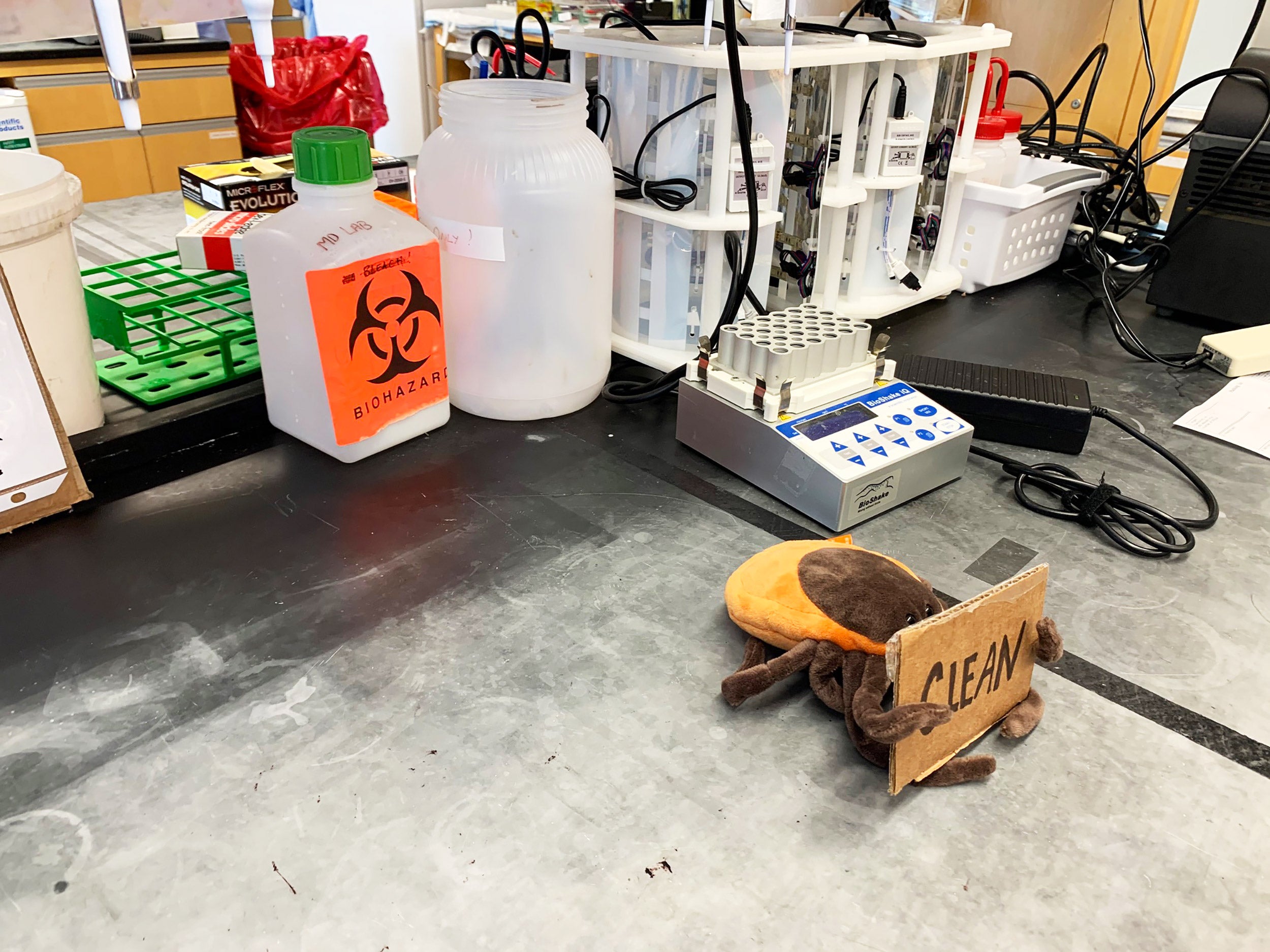“It’s in the wheelhouse of how a lab works and operates,” McCarron said of coronavirus safety measures.
The state’s academic research labs have also contributed to Massachusetts’ well-being in another way, McCarron said. During the pandemic’s trying times, labs have been an economic bright spot, pumping $1.6 billion in direct expenditures into the state economy since March. McCarron said the effect stretches across the state, where institutions like Worcester Polytechnic Institute and the University of Massachusetts, Amherst, operate outside the cluster of institutions concentrated in Greater Boston.
Despite all the good news, most researchers pointedly note it hasn’t been exactly been business as usual. While labs have been able to reopen safely, many are operating at half capacity in accordance with state guidelines. Some are at even lower capacity, due to building space constraints. And there are other hurdles. Labs working to fight COVID-19 have been exempted from shutdown requirements and have recorded notable successes, including advances in understanding the virus’ biology, the impact of potential treatments, and work toward vaccines. But facilities working in areas not central to the pandemic have sometimes chafed at restrictions that have slowed research and kept those who didn’t need to be physically in the lab working remotely and apart from colleagues.
“Lab reopening hasn’t been trivial, with reestablishing our animal facility and trying to do experiments with various restrictions,” said Bellono, who in October published research about taste sensors in octopus’ arms. “Our lab thrives on exploration: Perhaps most challenging is fostering the spirit of curiosity- and discovery-driven science in which fun and informal hanging-around-the-lab-type experiments are often most powerful.”

Stephanie Pierce published research in November about the transition of vertebrates from water to land. But the Thomas D. Cabot Associate Professor of Organismic and Evolutionary Biology says much of that work was done before the pandemic hit and that, while researchers have been busy, much of their efforts have been focused on data collected before the spring shutdown.
“Very little new data has been collected since the University opened for low-density work,” Pierce said. “However, there is one postdoc in my lab who started only a few weeks before the pandemic hit and during lockdown had no prior data collected. She has been the primary lab researcher on campus since the labs reopened in the summer, and we are slowly moving her work forward. We have a short manuscript draft in the works.”
That frustration doesn’t mean researchers are unaware of the extraordinary times and of the need for safety. It also doesn’t mean that important non-COVID work hasn’t been done. Harvard Medical School Genetics Professor David Sinclair, who in December reported the results of experiments that reversed age-related vision loss in mice, said that a lot of key data analysis on the research was conducted after labs reopened. Others, like astrophysicist Avi Loeb, the Frank B. Baird Jr. Professor of Science, said a salutary effect of the enforced isolation has been fewer distractions and more time to flesh out ideas that that had languished.
The restrictions have also prompted researchers to seek out nontraditional sources of data. Pierce, as a paleontologist and comparative anatomist, does a lot of work with collections in museums, many of which have shut down. She and researchers in her lab have been able to take advantage of the growth of digital collections online, which in an earlier era didn’t exist.
“Data repositories are becoming more popular now, and I do have lab members who mined some 3D data from the internet to put preliminary, proof-of-concept studies together,” Pierce said. “I have also mined 3D data from the internet for teaching.”
Though researchers of all stripes — like the rest of society — are soldiering on through the pandemic, recent vaccine news represents a bright spot, albeit one still on the horizon.
“I am greatly encouraged by the vaccines,” Bellono said, “and look forward to days in which we can safely support additional interactions to facilitate collaborative science.”
"score" - Google News
December 18, 2020 at 09:39PM
https://ift.tt/38kzw5o
Research labs score perfect COVID safety records - Harvard Gazette
"score" - Google News
https://ift.tt/2OdbIHo
Shoes Man Tutorial
Pos News Update
Meme Update
Korean Entertainment News
Japan News Update
Bagikan Berita Ini














0 Response to "Research labs score perfect COVID safety records - Harvard Gazette"
Post a Comment